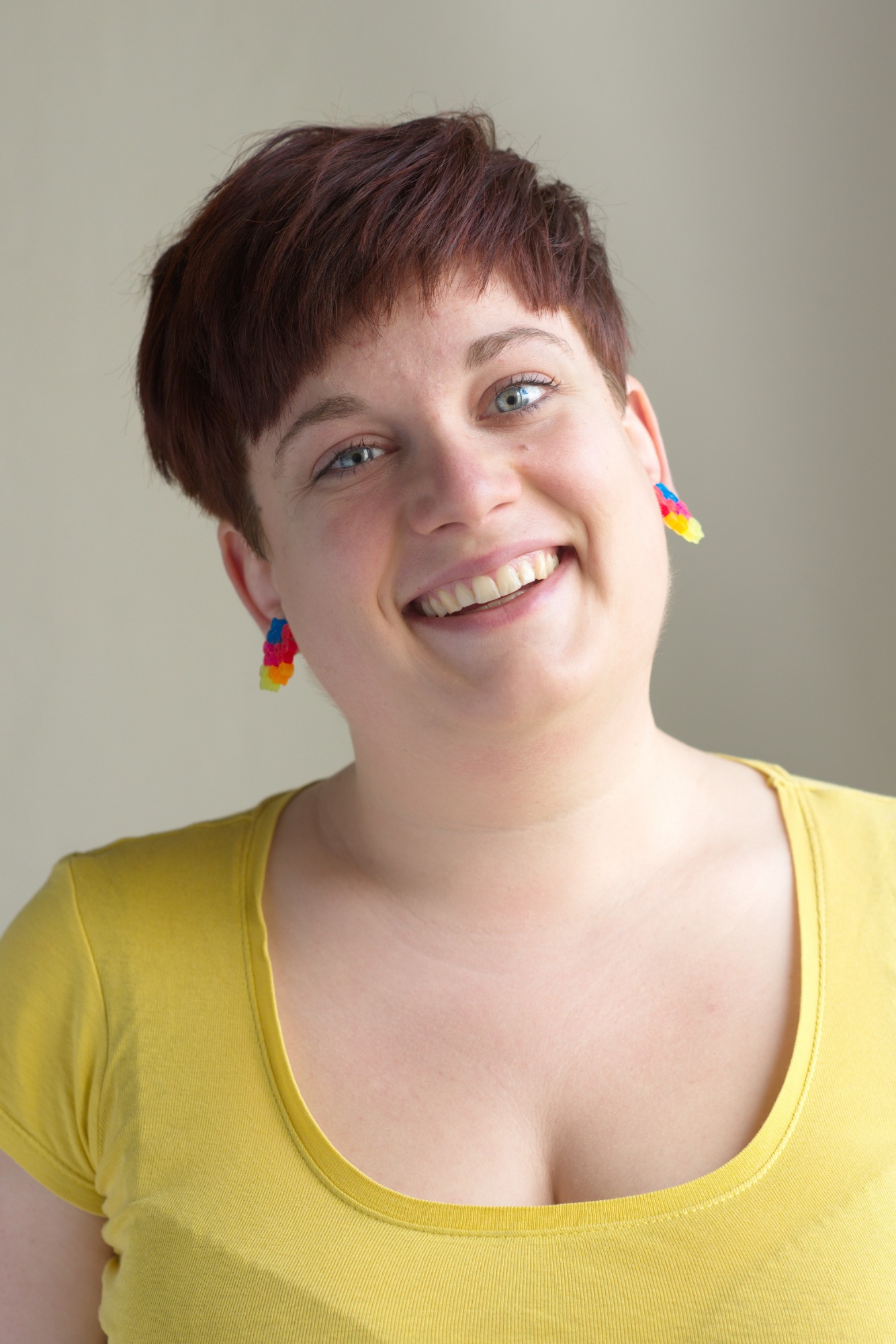
Jiřina Hofmanová studies in a doctoral programme at the Department of Theatre Studies (Masaryk University Brno), which has been her alma mater since the beginning of her studies. She focuses primarily on two fields in her research – Czech theatre in the 20th century and theatre criticism.
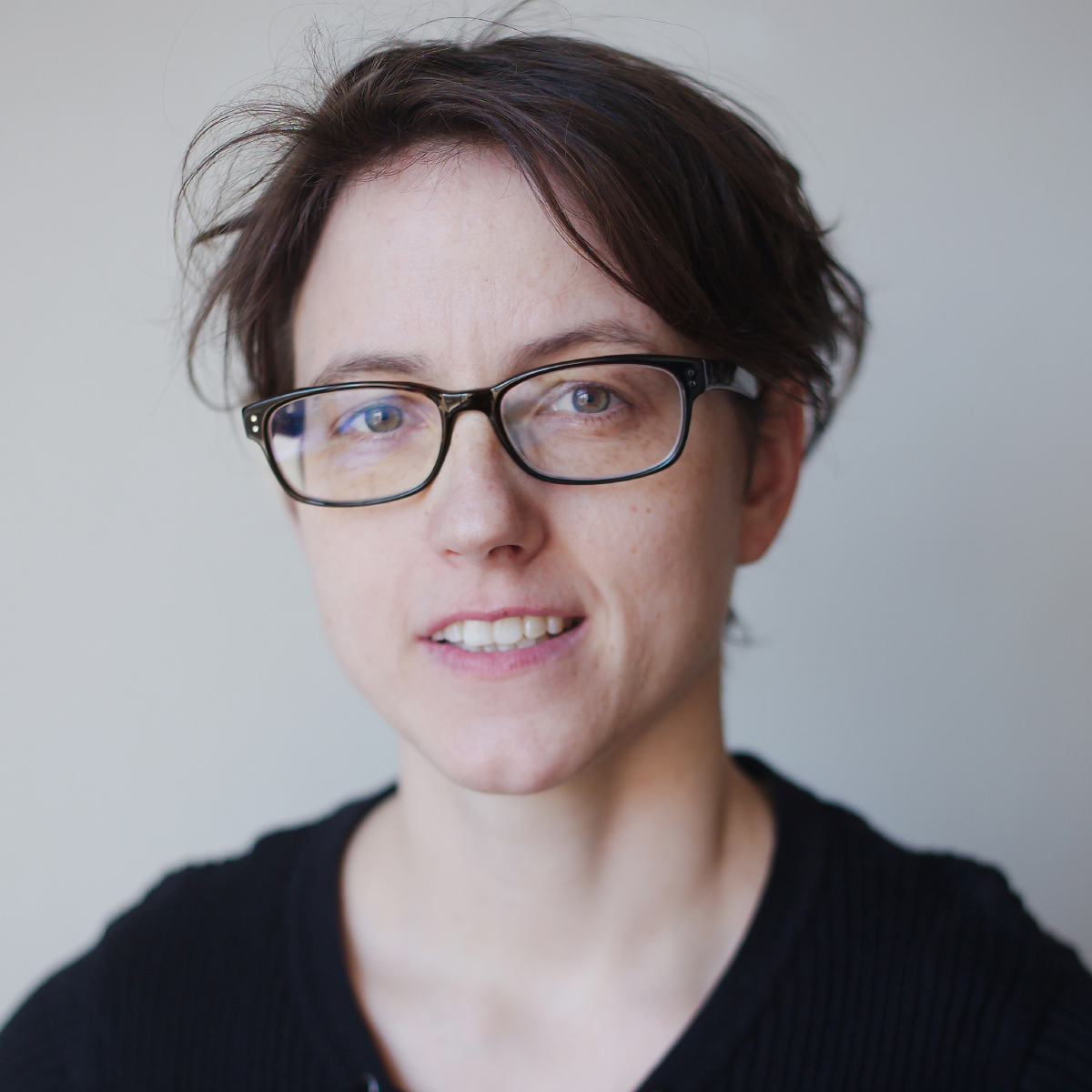
Andrea’s long-standing academic interest include the history of Czech theatre, the issues concerning the relationship between theatre and folklore, theatre and gender, cultural anthropology and game theory and game principles.
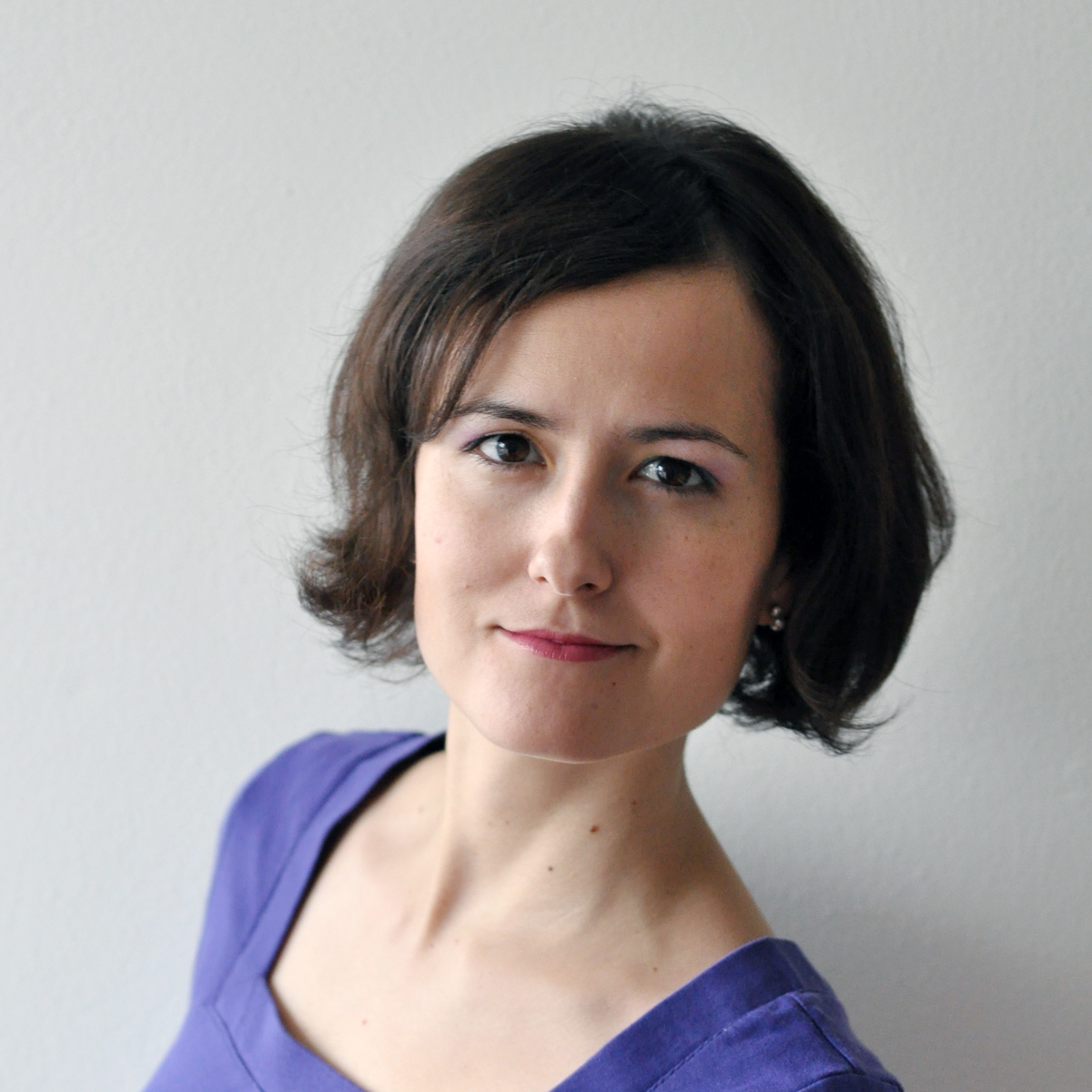
The main focus of Naďa’s academic interest is the history of theatre in the second half of the 20th century. She focuses on artistic, operational and production issues of the Czechoslovak theatre in this period and explores characteristic phenomena and processes that directors in repertory theatres generally had to deal with, namely: making repertoire plans and the process of their official approval, the consequences of 1968 for the arts sphere, and the specifics of reviewing regional theatres.
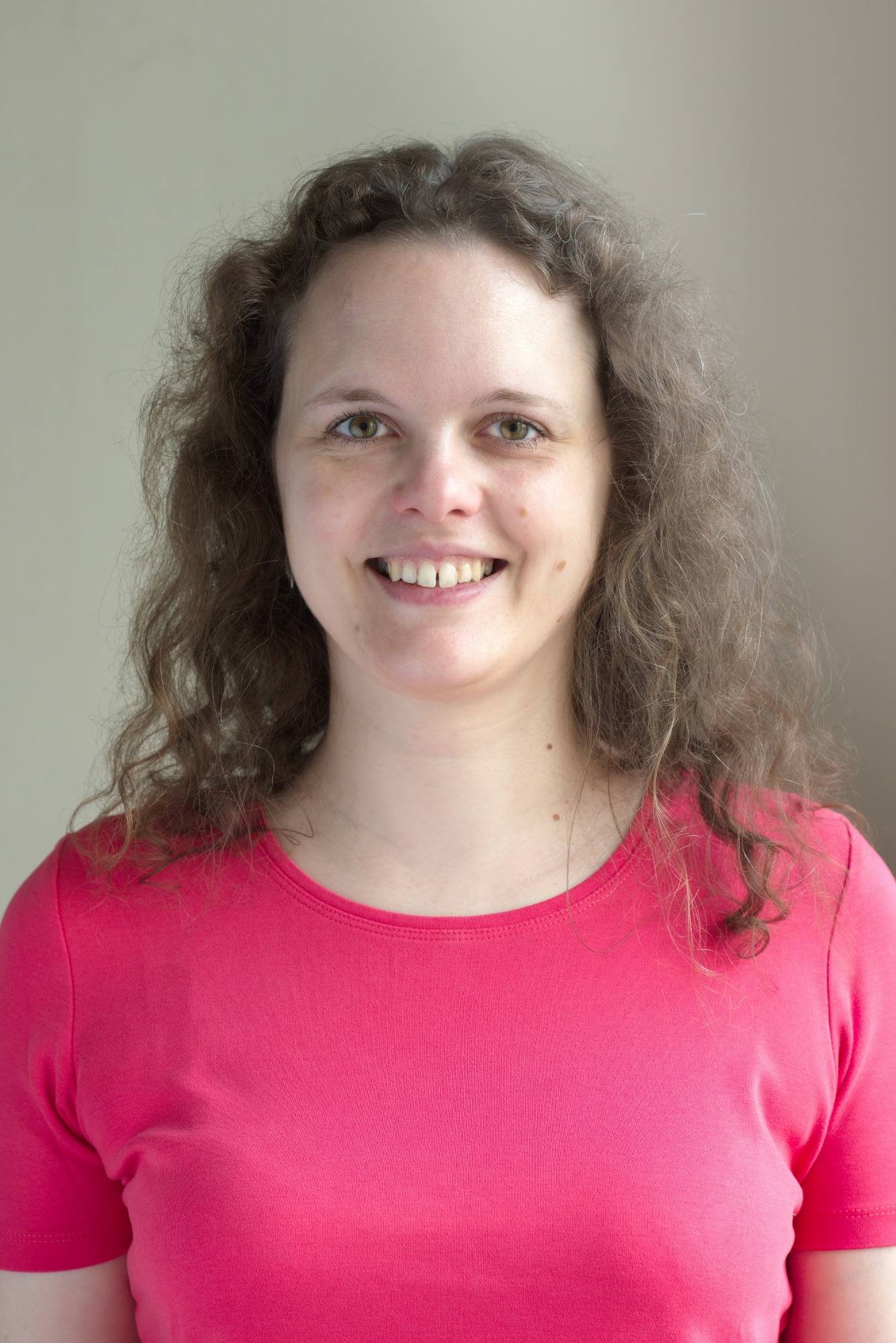
Eva Schulzová focuses mainly on the analysis of dramatic texts’ content and their formal tendencies. She is interested in the issues of media adaptation, in the specific means of expression of individual media, their transformations, intersections, and inspiration, and especially in the mutual influence of film and radio. During her studies at the Studio of Radio and Television Dramaturgy and Screenwriting at the Theatre Faculty of the Janáček Academy of Music and Performing Arts she gained valuable insight into audio-visual and audio media.
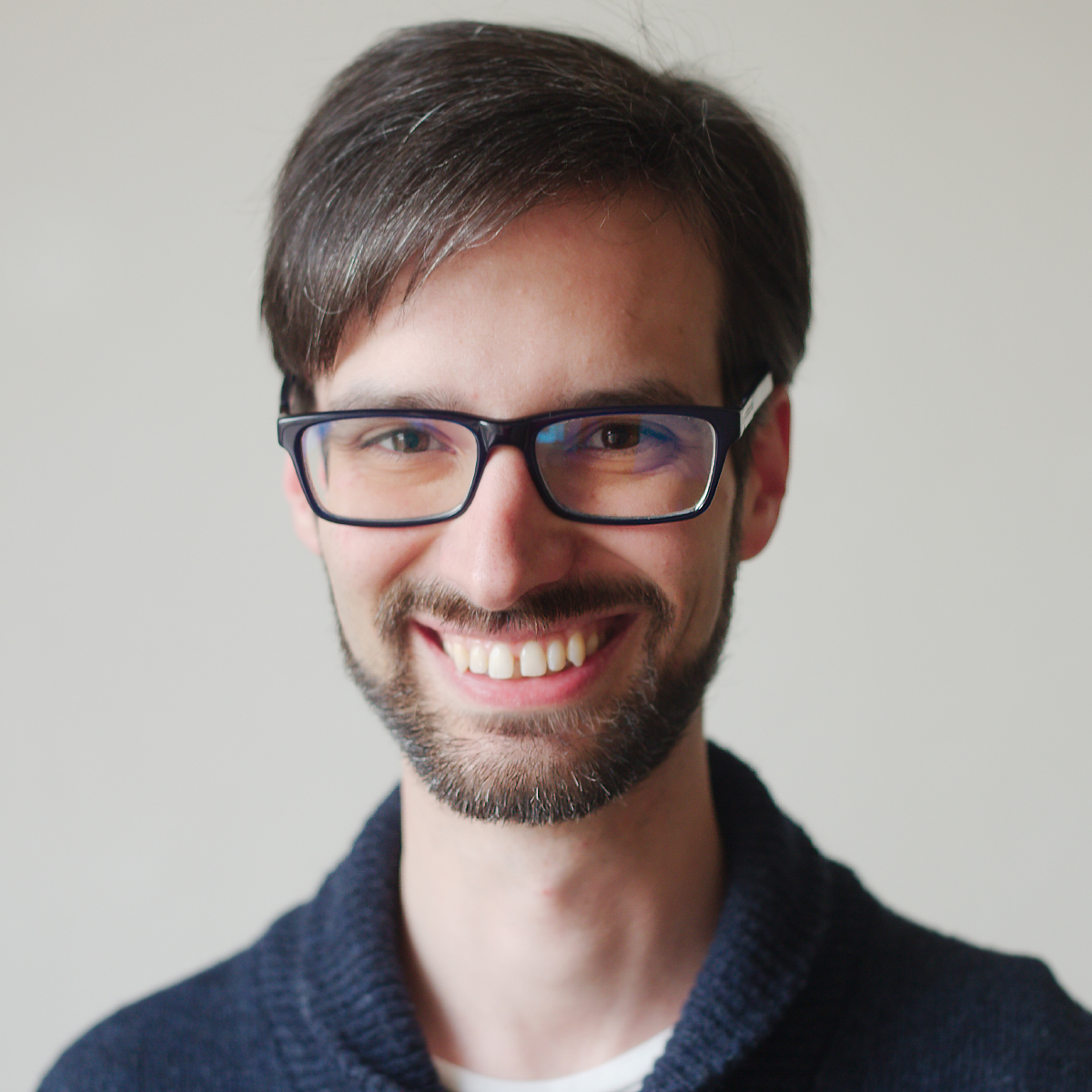
Jan’s research interests include phenomenological hermeneutics, philosophy of dialogue, the body–mind relationship and methodological issues of art research. His critical perspective unites philosophy, ethics, anthropology and aesthetics. The methodological approach he promotes links first- and third-person methods so as to bridge the gap between the sciences and criticism, naturalism and social constructivism. In his work as a teacher he wants to spur the students of dramatic art towards a better understanding of contemporary cultural issues and to develop their facility for dialogue and understanding.